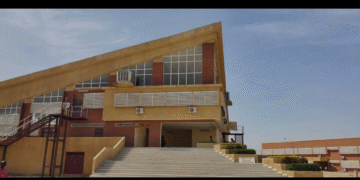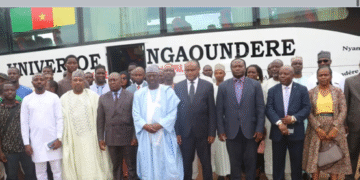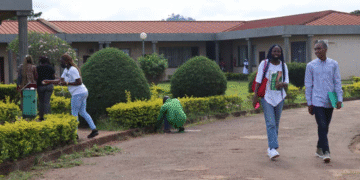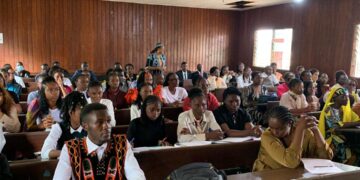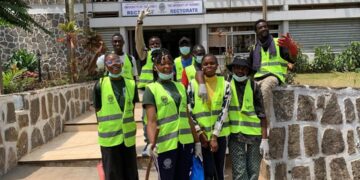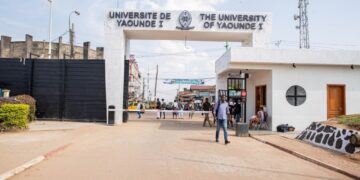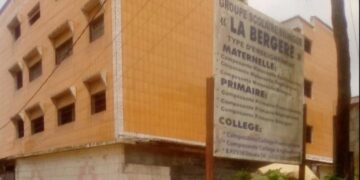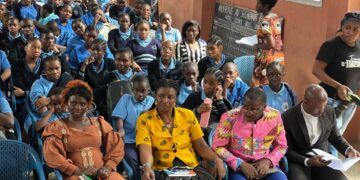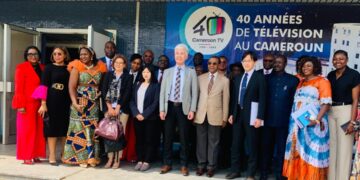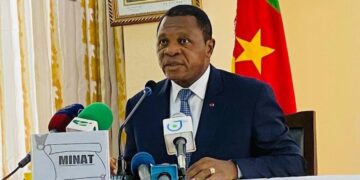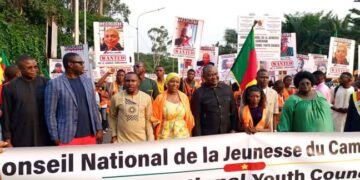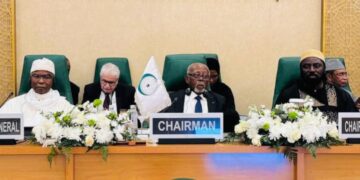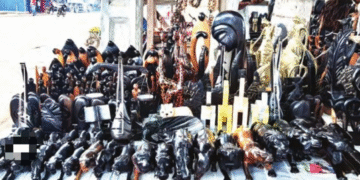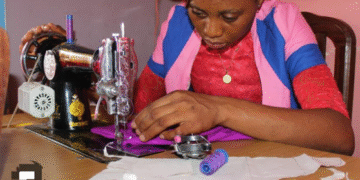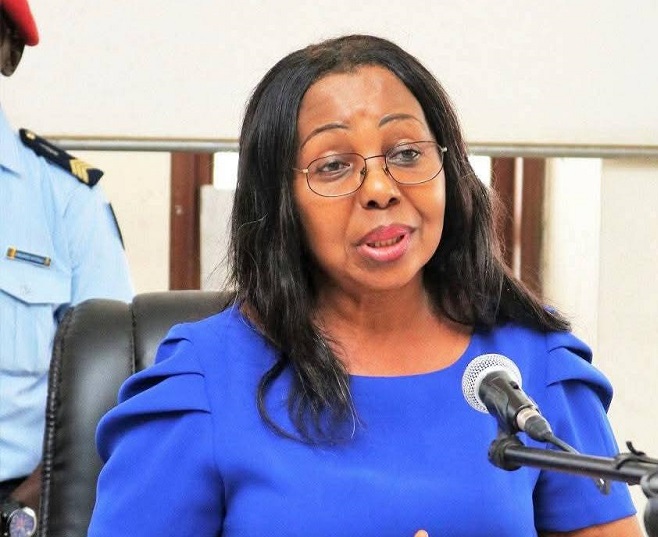Speaking during the 7th session of the Steering Committee Meeting of the Presidential Plan for the Reconstruction and Development of the North West and South West Regions, PPRD NW/SW, over the weekend, the Minister of Secondary Education expressed shock and disappointment over the severely degraded road infrastructure in the chief town of the North West Region.
The Minister of Secondary Education, Prof. Nalova Lyonga, has broken down in frustration over the severely degraded road infrastructure in the North West regional capital. Speaking during the 7th session of the Steering Committee Meeting of the PPRD NW/SW, the minister expressed shock and disappointment after visiting Bamenda for the first time in several years. Taking the floor after the Minister of Public Works, Emmanuel Nganou Djoumessi, had detailed a familiar list of promised road projects, Prof. Lyonga deviated from the usual scripted optimism. Her voice trembled with concern as she said, “I have to start by saying that I am completely shocked by the state of the roads in Bamenda.”
Her declaration was met with roaring applause from the audience gathered at the Bamenda Congress Hall, who clearly resonated with her genuine outcry. Unlike the carefully worded reassurances often heard at such meetings, Minister Lyonga spoke with unmistakable urgency and sincerity. She cautioned her peers against making grand statements and promises that consistently fall short of delivery. “Let us not make promises which we can’t fulfil. That is going to give us a very bad image,” she warned. “Let’s not make some highfalutin points and it turns out that we can’t do them. Say only what you can do, and do it.” Her words drew endless rounds of applause from the over 2,000 participants present, a mix of local leaders, development partners, and concerned citizens, and momentarily shifted the tone of the gathering from bureaucratic to personal. In a city where road degradation has become symbolic of years of neglect and broken trust, her intervention was seen as a bold and much-needed voice from within the government. Prime Minister Chief Dr Joseph Dion Ngute, who chaired the meeting, responded to the growing concerns by reassuring the population that the long-awaited rehabilitation works on Bamenda’s roads will soon commence.
The Prime Minister acknowledged that the execution of road projects had suffered serious delays, largely due to compensation disputes. According to him, initial compensation figures were estimated at 600 million FCFA, but suddenly rose to six billion FCFA, significantly stalling progress. However, he maintained that the matter had been resolved and that work would resume shortly, rain or shine. “Not even the rain will stop the construction works from being carried out,” the Prime Minister stated. He added that the project, once completed, will significantly improve mobility and transform the face of Bamenda, restoring it to its former pride. Despite his assurances, many residents remain skeptical, citing years of repeated promises with little or no action. The roads in Bamenda, particularly the stretch from Ngeng Junction through Sonac Street to the City Chemist Roundabout, have become virtually impassable. Other parts of the city, such as Nkwen and Mankon, are also plagued with potholes, mudslides, and drainage issues that make transportation and commerce increasingly difficult. The PPRD NW/SW Steering Committee Chair, Minister Paul Tasong, presented a detailed activity report on the reconstruction plan as of June 30, 2025.
According to his statement, the plan has recorded significant milestones in infrastructure and community development. Among the achievements he cited were the rehabilitation of over 71 schools, the restoration of 14 health centres, the construction of 14 water points, 14 markets, and six bridges, along with entrepreneurship support to more than 200 youth through startup funding. In terms of major road infrastructure, Minister Tasong pointed to the Bamenda-Babadjou road project, which has already consumed over 80 billion FCFA, and noted that the Bamenda Urban-Crossing and other related projects are projected to surpass 60 billion FCFA upon completion. However, residents and local observers argue that while progress has been made in some areas, the city’s road network remains in a state of despair, contributing to rising transportation costs, slowing down trade, and disrupting daily life. Many have grown weary of the endless pledges made by public officials and are calling for visible, sustainable progress, not just statistics and reports.




















